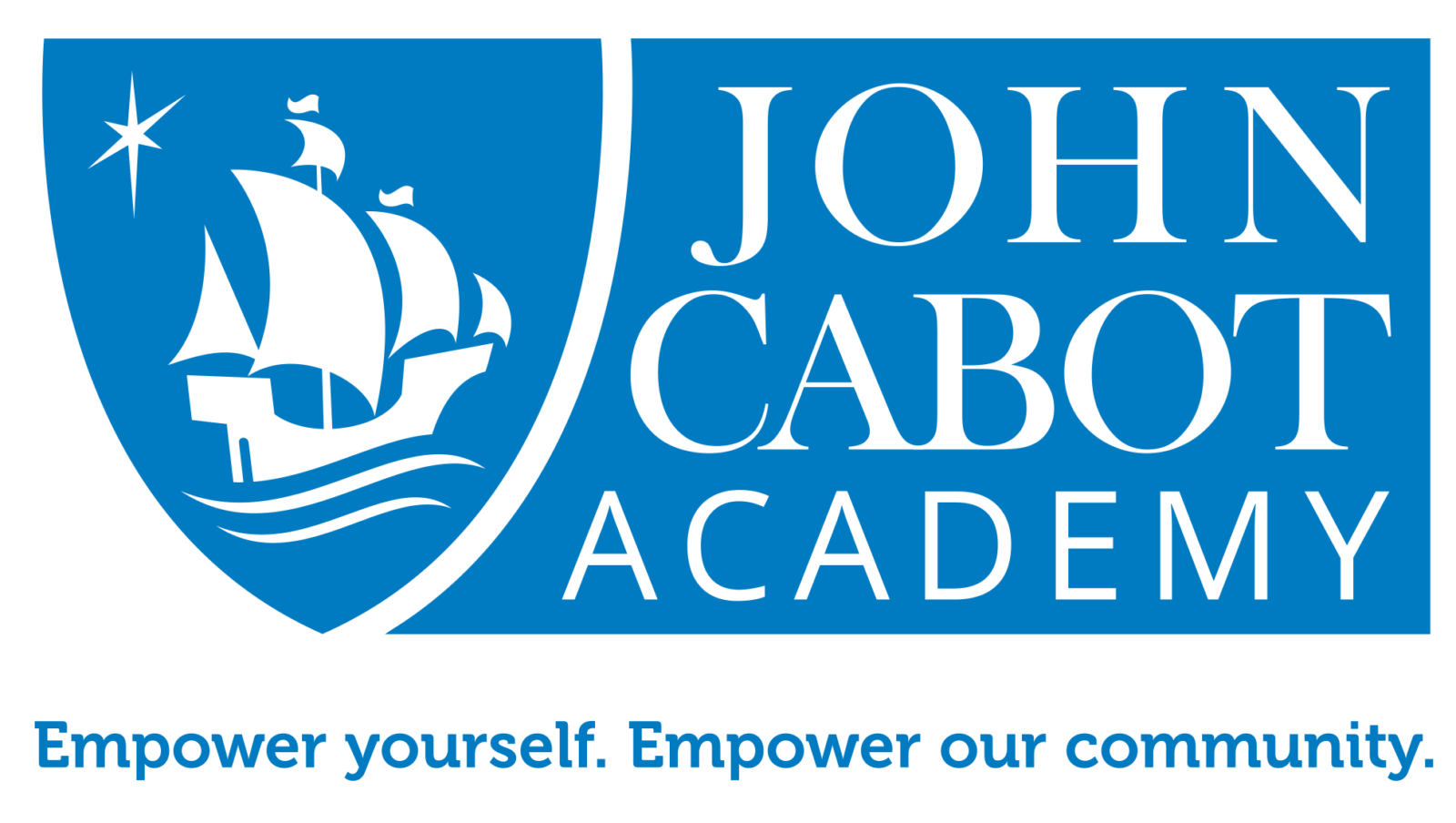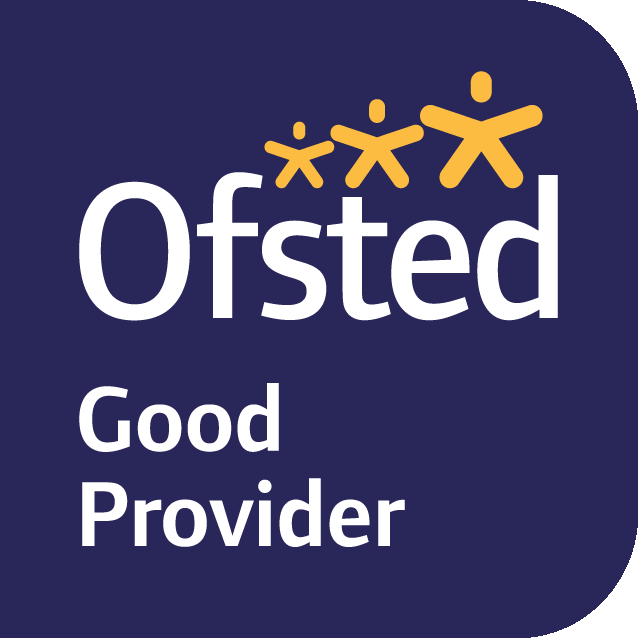Choosing GCSE options in year 9
Choosing your GCSE options is you making the first decisions about your own education choices which will shape your future, when I say future, this is Post 16 (college or 6th form) higher education or Post 18 ( University or higher apprenticeship) and any ideas you have about the type of career you’d like to work in.
So first things first, for those of you who are currently exploring GCSE options here are somethings to think about to identify key areas that may help you choose.
- What subjects do you enjoy at the moment and why? Knowing why you enjoy those lessons may help to identify what skills you have and want to develop and what other subjects they may link to and you’d enjoy. Example- You enjoy maths for the problem solving and data- you may then enjoy computer science or statistics and chemistry.
- How will I know what subjects I can link my skills to? You can read and list the subjects you like from the Year 9 options booklet or take a skills and job match quiz. The quizzes will link your interests and skills to industries and subject areas (quizzes links below). Knowing your skills and interests are important, they will lead you into certain careers.
- Click here for Y9 options booklet
- Careers Pilot Quizzes
- Wheels of Strength
- Prospects Job Match Quiz
- National Careers Service Skills and Assessment quiz
- Identifying the areas you may feel you are not your strengths. These are the areas of schooling you feel may be a challenge. You can then approach this in one of two ways. Turning that weakness area into your strength and choosing subjects and adopting techniques that will help you grow in these areas. Or you may want to consider other subjects you may be stronger in. You can always develop these areas later on.
- If you are aware of the type of job role or careers you’d like to pursue, you can explore the pathways into those careers and what GCSE’s, Post 16 and Post 18 qualifications you’d be required to study.
- For example; Harriet wants to be an Energy Engineer, after research discovers she’d need to study GCSE’s such as maths, physics and chemistry, DT and Geography may also be helpful. Naseem would like to be a Graphic Designer, he may want to consider art and design, computer science, English and photography and creative imedia.
- How will I find this information? You can research some of the fantastic careers and education websites listed below.
- There is a traditional route called the English baccalaureate route or Ebacc for short. For this, you study a wider range of GCSE’s to keep your options open if you are considering university. Ebacc subjects are English, Maths and the sciences, Geography or History and a language.
Be aware you will be required to have studied certain subjects at GCSE level to move on to study it at post 16 after you leave year 11, particularly A level or level 3 study. These subjects may include art and design and technology, sports science, humanities, IT/ computing, maths and science and languages, so be sure to check.
Make a plan of the pathways to your career from GCSE, Post 16 and Post 18 to employment. You may want to explore job roles you like and work backwards from university or higher education to post 16 then GCSE choices or you may want to look at the GCSE subjects you’d most enjoy and loo into P16, P18 then employment. Whichever suits you best.
There are other schools you may want to explore joining from year 10 if you are interested in STEM or the High Tech industry.
- Digitech- High Tech and Creative Industries Click here
- Bristol Technology and Engineering College- STEM Click here
- IKB Keynsham- STEM-Click here
- SGS Engineering Berkeley Click here
Research careers and education websites.
Careers Pilot and going to the jobs tab at the top. You can search for the different jobs from subjects at school. List down the jobs you like to sound of and what subjects they are linked to. Click here
BBC Bitesize Careers to look at other job roles in the labour market including healthcare, creative industries and entrepreneurship ideas and stories from those who decided to work for themselves. This website will also offer you some videos and salary details to give you a really in depth insight to what the roles are about. Click here
Prospects which will give you an in depth understanding of each job role with salary details and working hours. You could also explore more about university degrees, and the types of jobs you can do with your degree. Click here
ICOULD and careerbox for more videos of the different job roles, listening to others experiences in different industries and how they got there. This will start to give you some idea of what you may enjoy. Click here for ICOULD Click here for Careersbox
Virtual Work Experience (VWEX) If you are aged 14 you can sign yourself up for some VWEX opportunities which will take place in February half term and throughout the year. Details of VWEX will be listed in the JCA careers blog.
GCSE course content and what will be taught over the two years by going to school’s curriculum statement on the JCA website and look. Follow the link to the schools curriculum statement here. Click here
Past exam papers for each subject would give you some understanding of how you will be examined and how you would be marked for GCSE subjects. You could also use the past papers to practise towards your mocks and GCSE exams in the future. Follow the link to explore the different exam boards and past papers Click here
Explore post 16 by following the link to where can I study p16 education in Bristol and click on the post 16 directory.Search Post 16
Apprenticeships Click here
Apprenticeship Guides Click here
UCAS is the admission website for undergraduate degrees offered in the UK. If you know you would like to go to university, you can explore the degrees available and what the GCSE and Post 16 entry requirements would be. Search UCAS undergraduate click here
Videos that may be helpful when choosing your GCSE options.
Life Coach Mark Anderson’s advice on choosing GCSE subjects. Click here
Do’s and Don’t to choosing GCSE subjects Click here
Students share what they wish they’d known before choosing their GCSEs Click here
What GCSEs would I take to become a…..? Click here
Who can support you when choosing your options?
- Get in contact with your Careers Adviser and book a guidance session to talk through your options. Contact Emma at [email protected]
- Talk it through with family members, as it is always good to hear others feedback to weigh up to pro’s and con’s.
- Talk to your teachers as they can be particularly helpful as they can talk you through the course content you’d be studying.
- Contact the National Careers Service, who are Careers Advisers at the end of a phone or you can webchat them. 0800 100 900 for the website Click here
One last thing, always ask for help if you are not sure.
Good luck.


